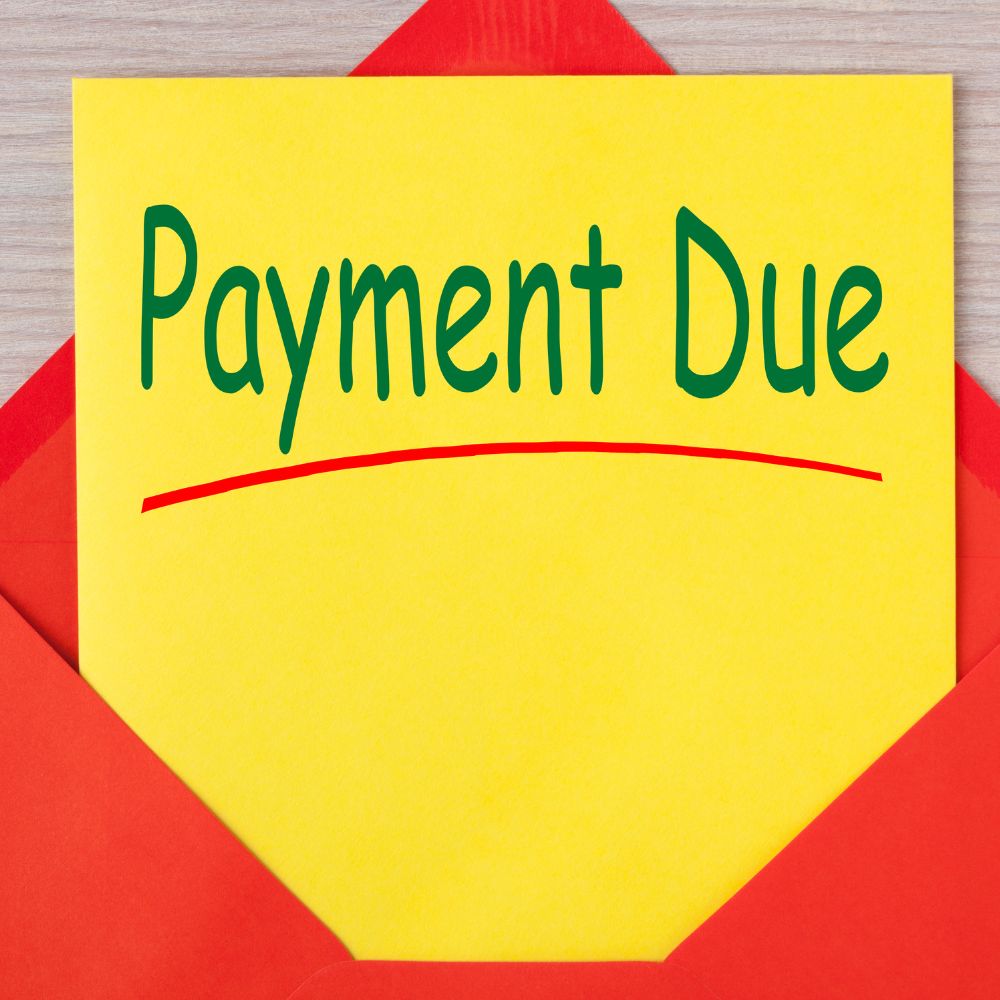
Buying a house in the UK is an exciting yet complex process. One of the most critical aspects is understanding when your first mortgage payment will be due. This article aims to provide clarity on the timing of your initial mortgage payment and the factors that may influence it, so you can be better prepared for this important financial milestone.
Mortgage completion date
Your first mortgage payment’s due date depends on your mortgage completion date, which is the day when ownership of the property is transferred to you. On this day, your solicitor will transfer the remaining balance to the seller, and you will officially become the homeowner. Usually, both parties agree on the completion date, which follows the exchange of contracts by a few weeks.
Mortgage payment dates
Mortgage payments are typically made monthly. However, the specific date when your first mortgage payment is due varies depending on your mortgage lender and the terms of your mortgage agreement. There are three common scenarios for the timing of your first mortgage payment:
a. The First Day of the month: Some lenders may require your first payment on the first day of the month following your completion date. For example, if your completion date is 15th April, your first mortgage payment would be due on 1st May.
b. One Month After Completion: Other lenders may set the due date exactly one month after your completion date. In this scenario, if your completion date is April 15th, your first mortgage payment would be due on 15th May.
c. Specific Date Chosen by the Lender: Some lenders may have a specific date each month when they collect payments. If your completion date falls before this date, your first mortgage payment might be due on the lender’s chosen date the following month. For instance, if the lender’s chosen date is the 10th of each month and your completion date is April 8th, your first mortgage payment would be due on 10th May.
Initial interest payment
In some cases, you may be required to make an initial interest payment, also known as an “interest adjustment” or “interim interest,” in addition to your first mortgage payment. This payment covers the interest that accrues between your completion date and the start of your regular mortgage payments. The amount depends on the interest rate, the loan amount, and the number of days between the completion date and the first payment date.
For example, if you have a £200,000 mortgage with a 3% annual interest rate and your completion date is April 15th, with your first mortgage payment due on May 1st, your initial interest payment would be £245, calculated as follows:
(£200,000 x 0.03) / 365 = £16.44 (daily interest), £16.44 x 15 days = £246.60 (initial interest payment)
Mortgage payment holidays
Some lenders offer mortgage payment holidays, which allow you to defer your first mortgage payment for a short period (usually one to three months). This can be helpful if you need extra time to settle into your new home or deal with other financial obligations. However, keep in mind that interest will continue to accrue during the payment holiday, and you may end up paying more over the life of your mortgage.
Tips for managing your mortgage payments
To ensure a smooth transition into homeownership and stay on top of your mortgage payments, consider the following tips:
Budgeting: Create a budget that includes your mortgage payment as well as other housing-related expenses, such as council tax, utilities, and insurance. This will help you understand your financial commitments and manage your cash flow effectively.
Set up a direct debit: Arrange a direct debit with your lender to automatically make your mortgage payments on the due date. This will help you avoid late payment fees and keep your credit score in good standing.
Keep an emergency fund: Unexpected expenses can arise at any time. Having an emergency fund can help you cover these costs without putting your mortgage payments at risk.
Monitor interest rates: Keep an eye on interest rates and consider remortgaging if you find a more competitive deal. This could help you save money on your mortgage payments in the long run.
In summary, understanding when your first mortgage payment is due is crucial to ensure a smooth transition into homeownership. While the specific due date may vary based on your lender and mortgage agreement, being aware of the general scenarios can help you prepare financially and avoid any surprises. Remember to consult with your mortgage lender and solicitor to obtain accurate information about your mortgage payments and any potential additional costs, such as initial interest payments.
Related articles:
